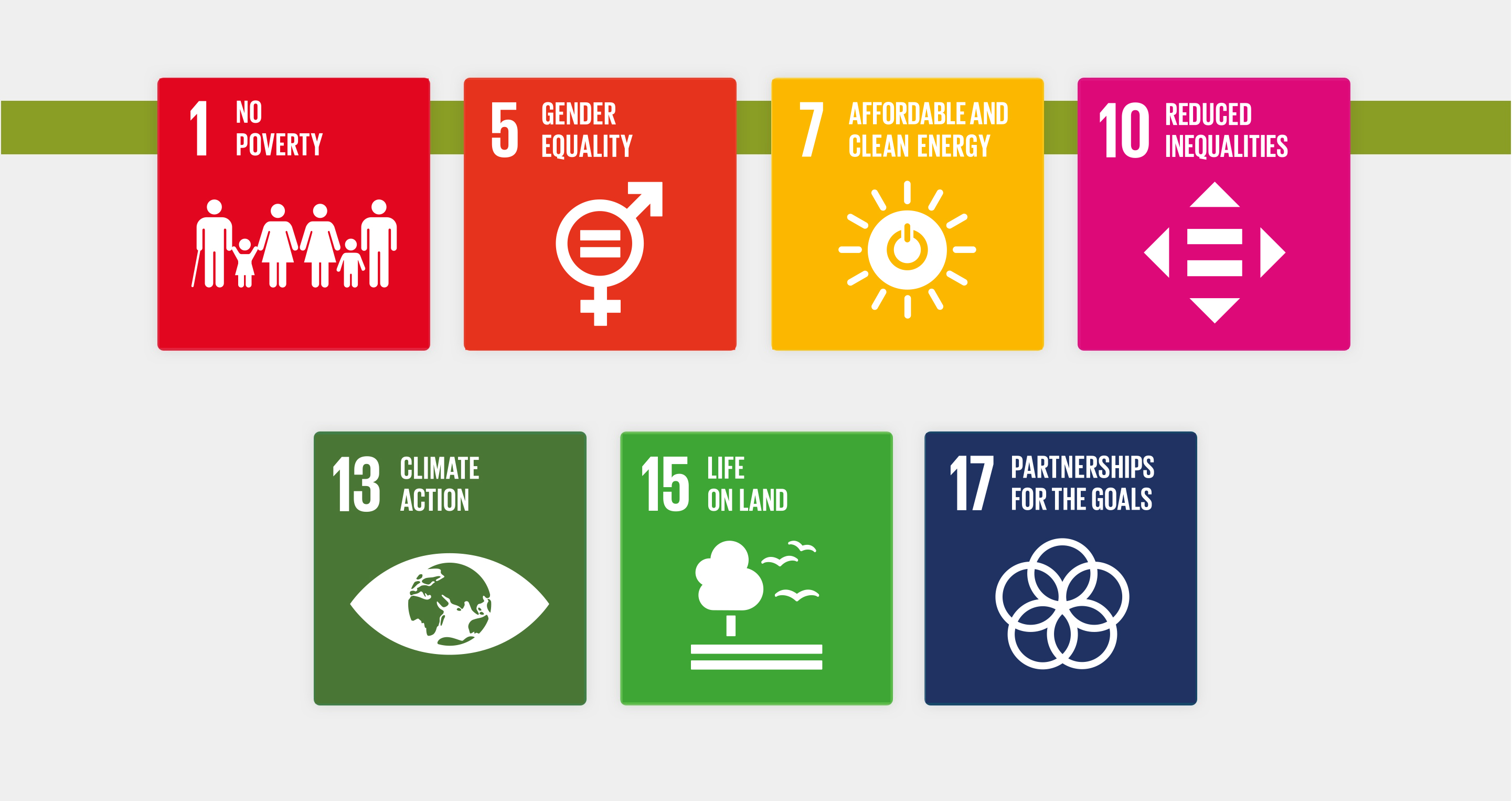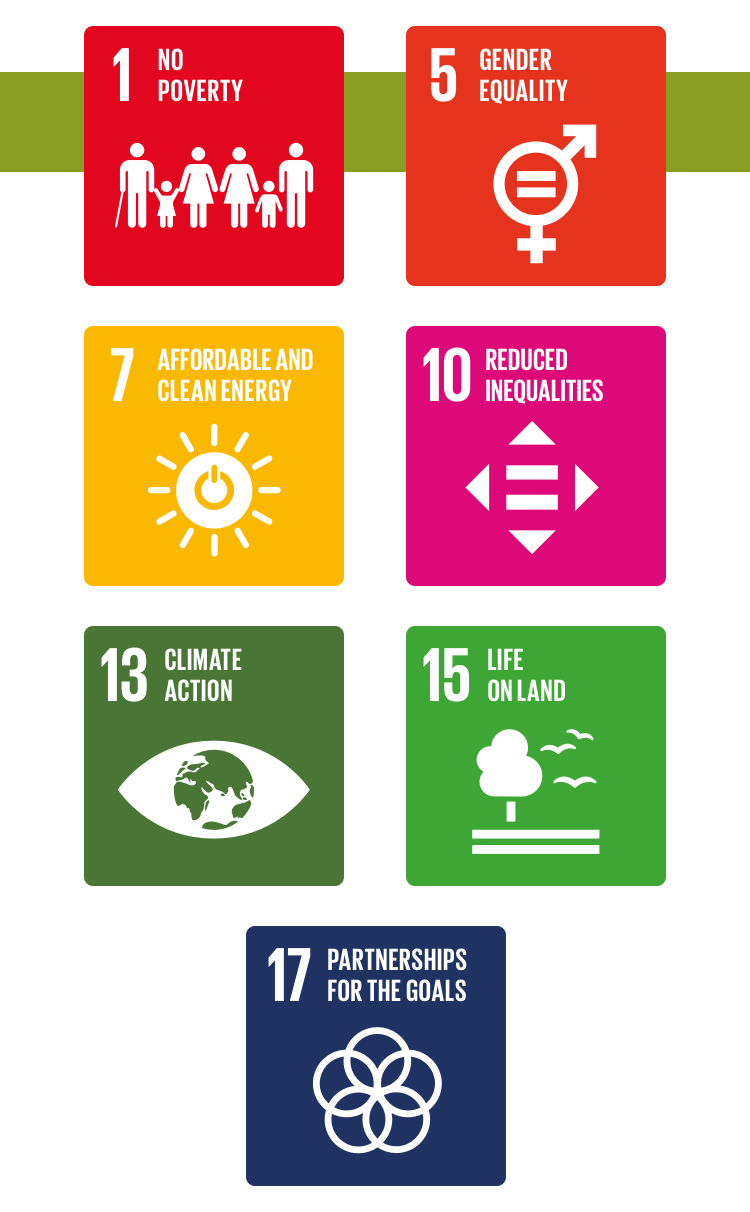The importance of forests and the main causes of their degradation
Forests cover just over 31 percent of the global land area. Furthermore, they play a critical part in pulling excess carbon out of the atmosphere. Every year, the deforestation of millions of hectares is one of the main causes of an increasing concentration of CO2 in the atmosphere. The degradation of forests and the reduction of their territorial coverage results from:
- unsustainable extensive agricultural practices
- illegal logging
- unsustainable use of biomass for energy purposes
- urbanization phenomena
These phenomena contribute to increasing CO2 emissions of anthropogenic origin and significantly reduce the natural absorption capacity of carbon in the atmosphere, in addition to increased emissions linked to industrialization.







